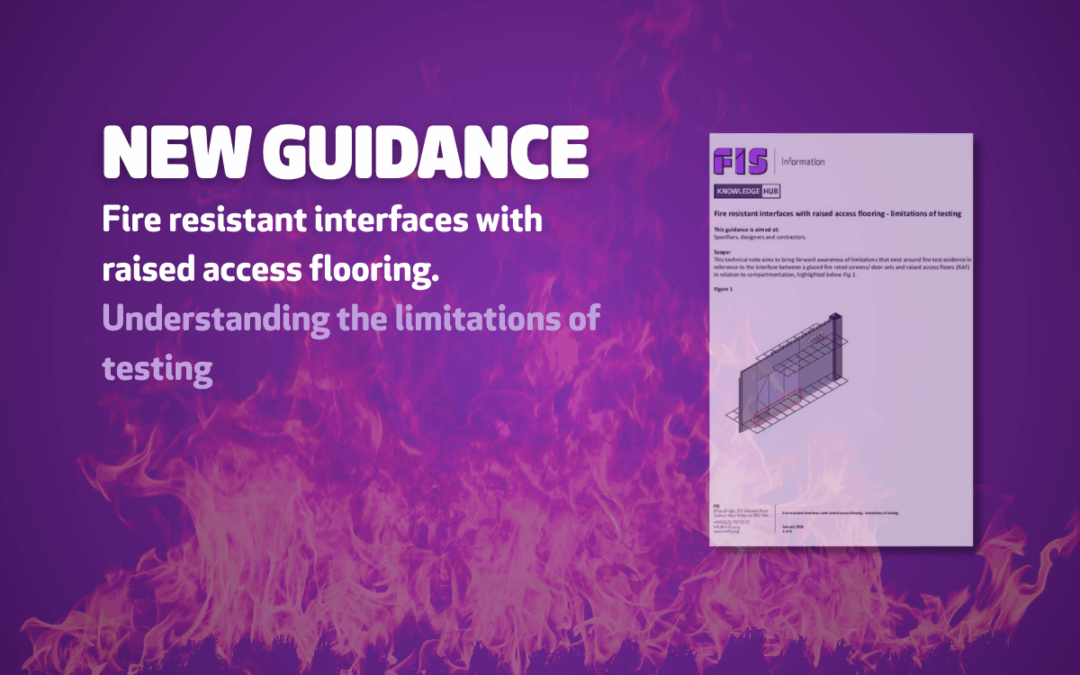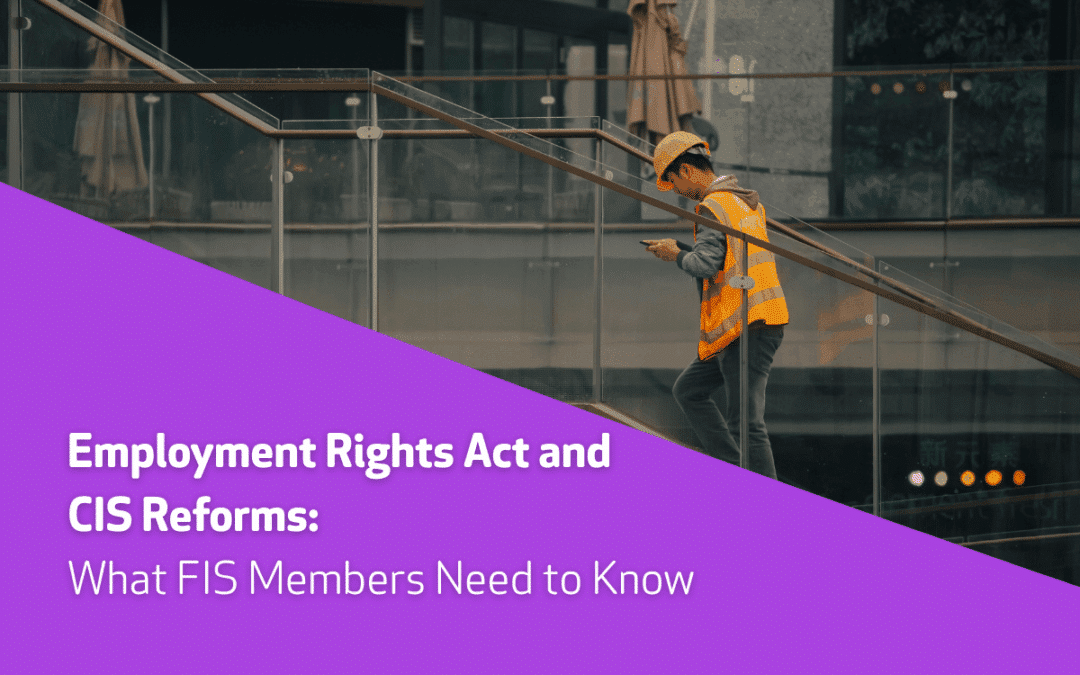
Government Seeks Views on Reform of Non-Compete Clauses – FIS Encourages Member Input
The UK Government has published a new working paper on the reform of non-compete clauses in employment contracts and is seeking views from employers, workers and industry stakeholders ahead of potential legislative change.
FIS is encouraging members across the finishes and interiors sector to engage with this consultation to ensure that the practical realities faced by specialist contractors and their workforce are properly represented, including those operating across Scotland and the wider UK.
What are non-compete clauses?
Non-compete clauses are contractual terms that restrict an individual’s ability to work for, or establish, a competing business after leaving an employer. While such clauses are only enforceable if deemed “reasonable” by a court, there are currently few constraints on their inclusion in employment contracts, regardless of enforceability.
Research by the London School of Economics suggests that around 26% of workers are subject to non-compete clauses, raising questions about labour mobility, skills development and business growth.
What changes are being considered?
As part of its wider growth agenda, the Government is seeking views on several possible policy options, including:
- Introducing statutory limits on the length of non-compete clauses
- Banning non-compete clauses in employment contracts altogether
- Banning non-compete clauses below a certain salary threshold
- A combined approach, banning clauses below a salary threshold while limiting their duration above it
The Government is particularly interested in understanding how reform could support innovation, competition and workforce flexibility, while balancing legitimate business interests such as protecting confidential information and client relationships.
Why this matters for FIS members
For employers in the finishes and interiors sector, non-compete clauses can affect:
- Recruitment and retention in a highly mobile, skills-short market
- Investment in training and upskilling
- Fair competition and the movement of specialist expertise
- Business confidence when senior or technically skilled staff move on
FIS believes it is essential that any reform reflects the realities of SME-dominated supply chains, where skills, trust and continuity are critical to delivering safe, compliant and high-quality work.
How to respond
Members can respond to the working paper either:
- Online, via the Government consultation portal
- Or by email to: noncompeteclauses@businessandtrade.gov.uk
Deadline for responses: 18 February 2026
Further information
The full working paper and consultation questions are available here:
Working paper on options for reform of non-compete clauses in employment contracts – GOV.UK
FIS will continue to monitor this policy development and feed sector views into Government where appropriate. Members with specific concerns or examples they wish to share are encouraged to contact the FIS team.
Looking for contractual advice?
Contracts, guidance and dispute support – built for FIS members.





